Viennese things — classical music
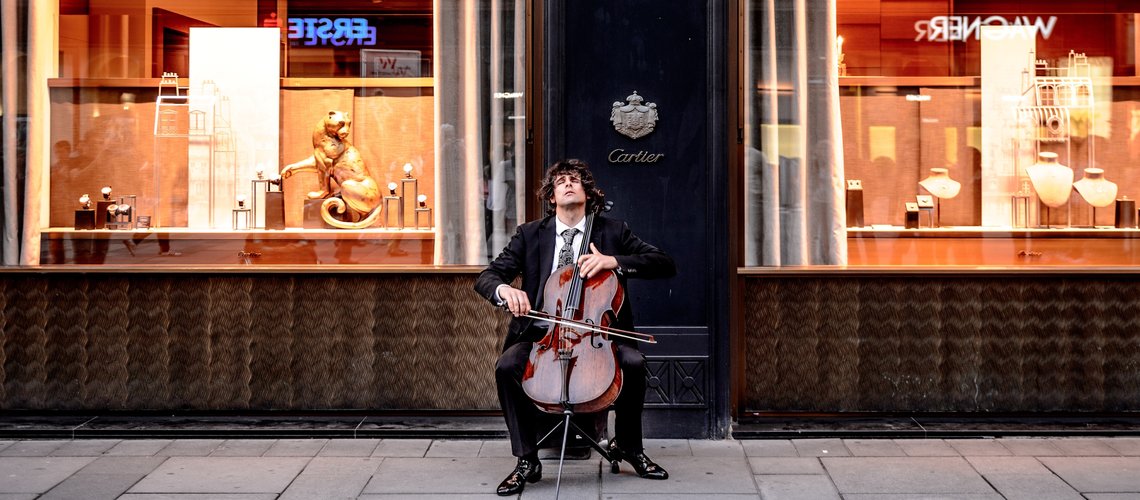
Why is Vienna the Capital of Classical Music?
Centuries after master composers such as Mozart and Strauss played in the city, Vienna still lives up to its reputation as the capital of classical music, with opera houses and concert halls inspiring aficionados with glorious performances all-year-round. But where did Vienna’s music-soaked culture that’s so ubiquitous today originate from?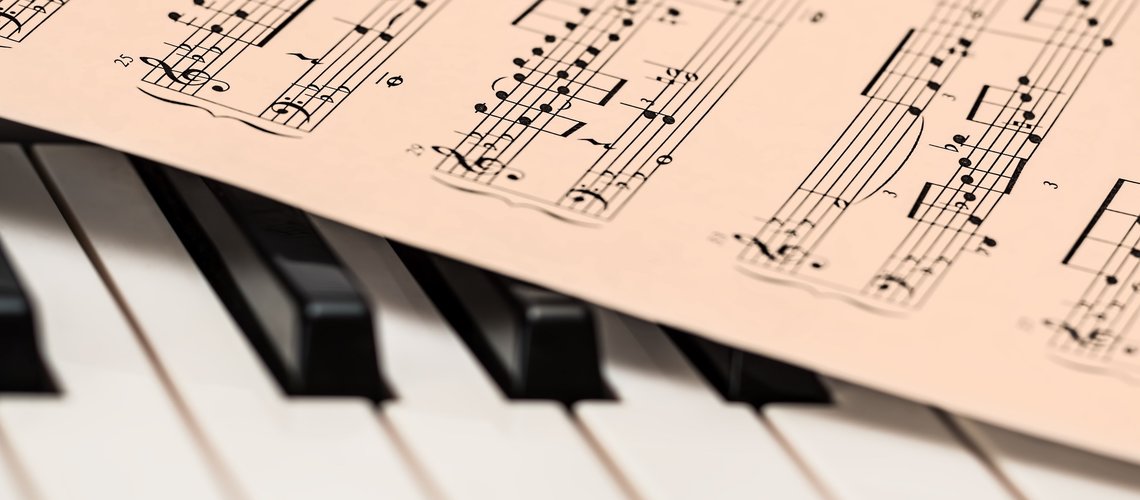
The History of Mozart’s Requiem
Mozart’s infamous Requiem in D minor is a masterpiece shrouded in mystery, making it all the more fascinating, compelling and emotionally stirring. The story of the creation of the work involves a shady commission, numerous composers and a blanket of deceit, purely in the interest of financial gain. It all began in July 1791, when a stranger turned up at Mozart’s door with a slightly odd request.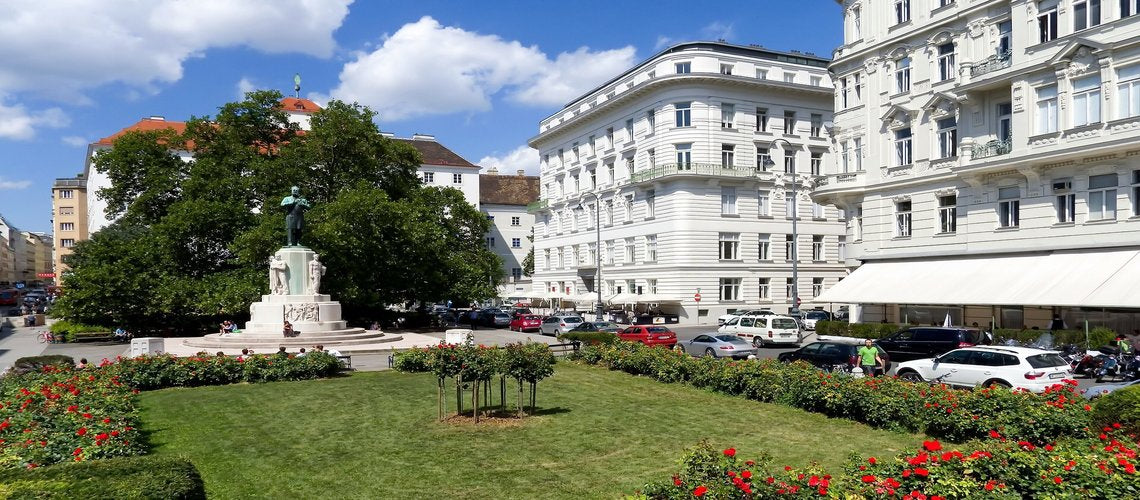
How to Spend a Weekend in Vienna
With so many incredible buildings to admire, cafes to visit and concerts to experience, you could easily spend months in Vienna and never do the same thing twice. But since months-long holidays are a luxury most of us can only dream of, sometimes we have to squeeze as much as possible into a single weekend. If you’re planning on spending a couple of days in Vienna and want to make the most of your fleeting visit, here’s how we recommend you use your 48 hours.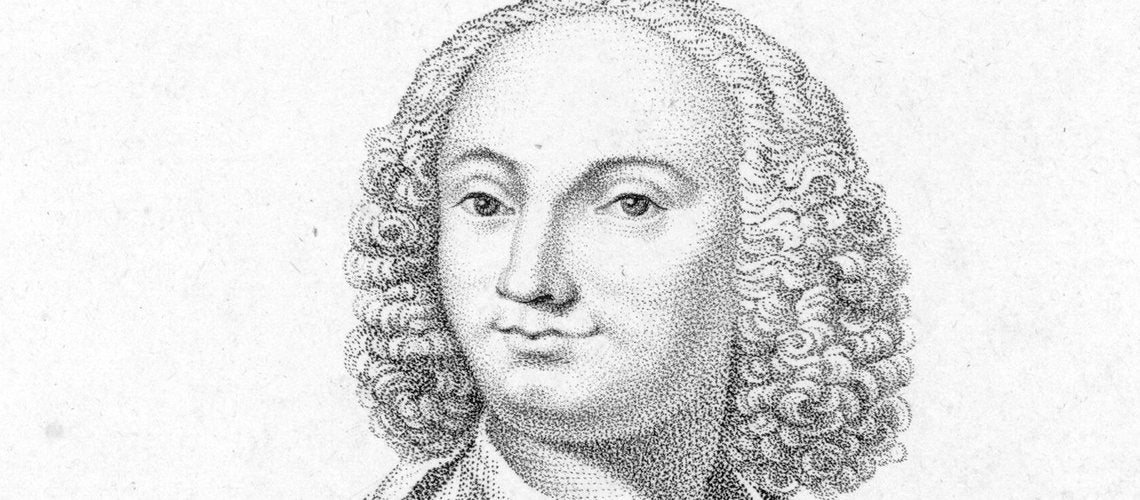
Vivaldi and Vienna: The Story of The Red Priest
Antonio Lucio Vivaldi is considered to be one of the best Baroque composers of all time, with a great influence that spread throughout Europe over the course of his life. He was born in Venice, Italy on March 4th 1678 and went on to have an incredibly successful career during which he composed numerous violin concertos, sacred choral works and over 40 operas.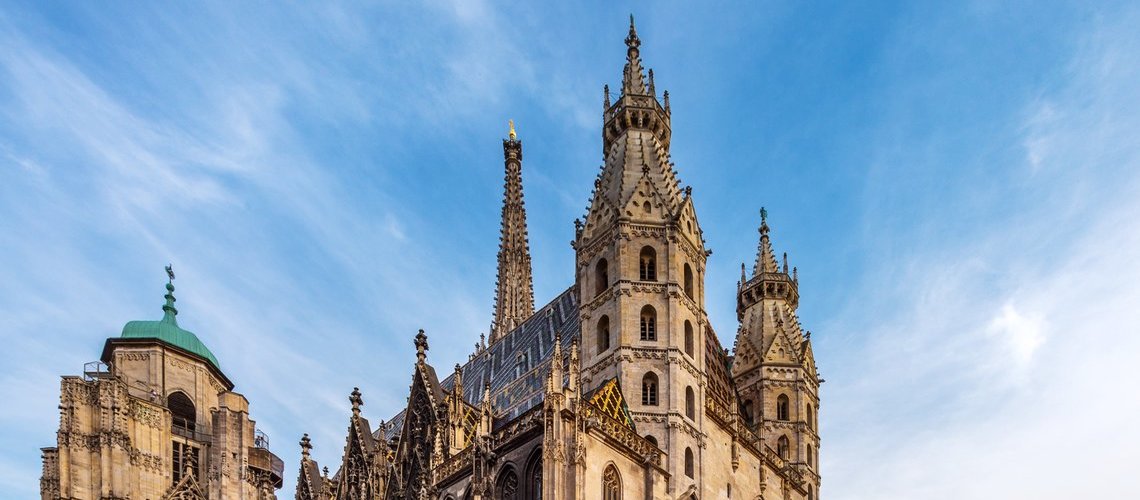
7 Fascinating Facts About St. Stephen’s Cathedral (Stephansdom) in Vienna
Being almost a millennia old, Stephansdom is a treasure trove of secrets. If you’re planning on stopping by during your trip to Vienna, here are some interesting facts about the cathedral guaranteed to inspire you and get you excited about your visit.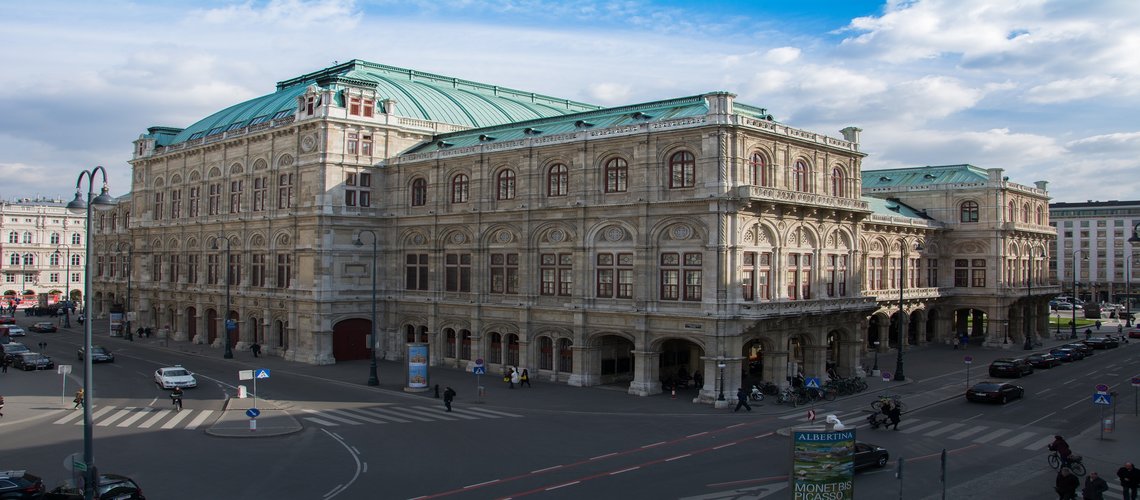
The History of Opera in Vienna
Although both opera and ballet were born out of royal entertainments in France and Italy in the 17th century, Austria has become just as well-known for the spectacular art forms. The incredible performances were most commonly used by nobles and kings to celebrate political visits, celebrate marriages and to display their immense wealth and control.
Today, operatic performances aren’t restricted to the rich and powerful. Shows are performed all around the world, attracting thousands of people who settle down in front of a stage and prepare themselves to be awe-struck.

